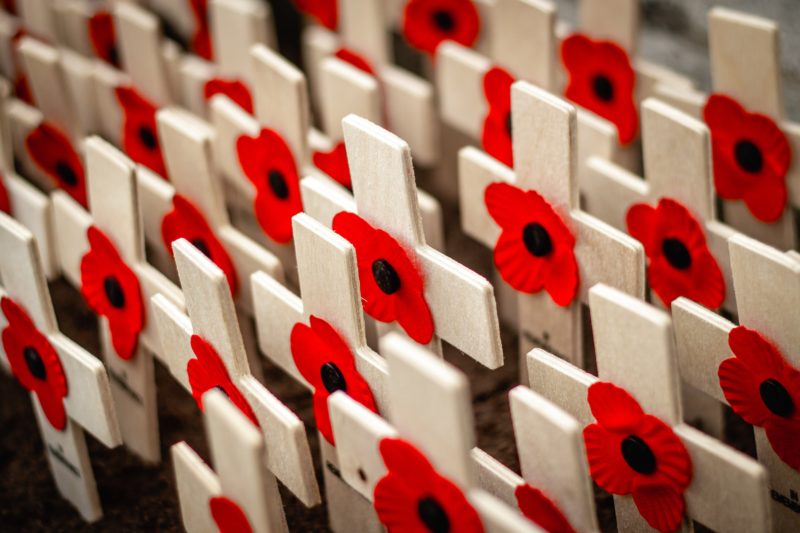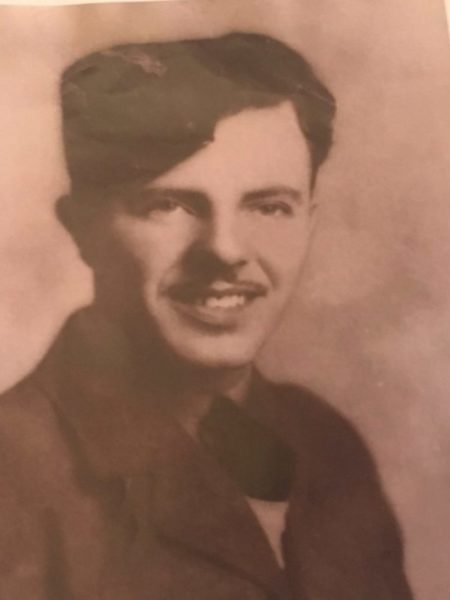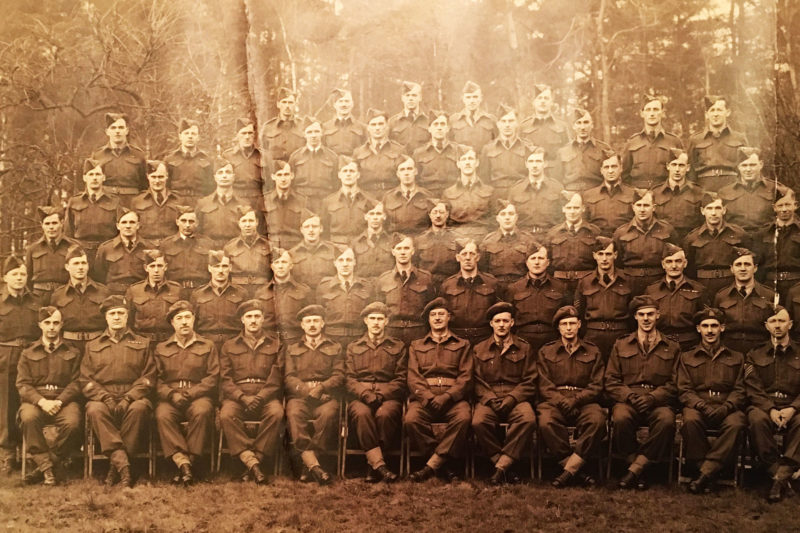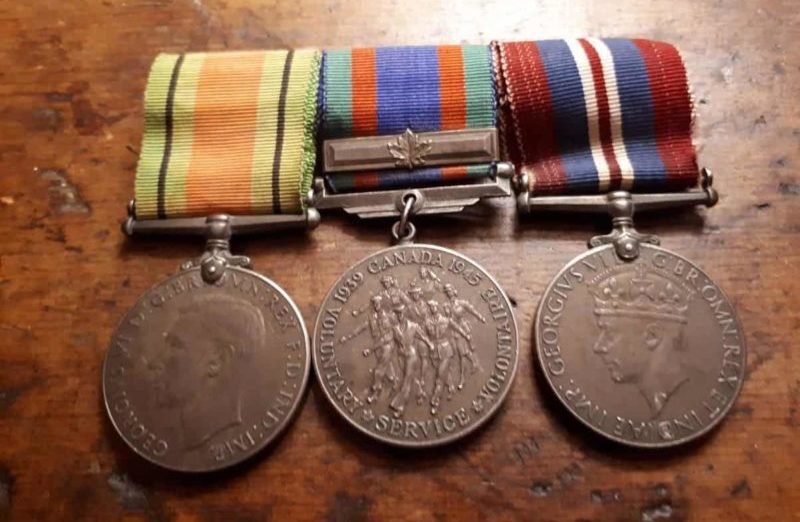Finding effective trauma therapy and PTSD treatment for veterans is part of the conversation this Remembrance Day.

Remembrance Day, November 11th, is upon us, and with it comes the opportunity to reflect on the great sacrifices made by those Canadians who have served our country in times of conflict.
This day holds a special meaning to Dr. Sandra de Blois, who is the proud wife of a veteran who served with the PPCLI and the Airborne Regiment. Her father-in-law served in WWII with the Royal Canadian Navy and the Royal Australian Navy and many of her husband’s relatives lay in Commonwealth graves in France and Burma.
She weighs in, not only as a person greatly connected to the armed forces, but as a mental health professional who specializes in trauma therapy and seeks to make PTSD treatment for veterans more accessible.
” I’m well aware of the frustrating struggles many veterans meet when trying to access fast and effective treatments for operational stress injuries they sustained during their service. I am also aware of the stigma that still plagues our military men and women, both retired and serving, surrounding operational stress injuries. As I reflect on this, my thoughts immediately go to a dear uncle of mine. ”
Dr. Sandra de Blois recounts the story of her uncle Benoit, who at age 24, voluntarily enlisted to serve in the second world war. After completing his basic training in Kingston, Ontario, he shipped out to England with his regiment. Overseas, he served as a medic, picking up the injured and the dead off the battlefields. While he was in his service, he too was injured during a bombing, and as a result, spent time recovering in a military hospital.

Upon his return to Canada, Benoit married and settled on some property where he would raise 4 children and various farm animals.
Dr. de Blois reflects on her memories of him, noting that he was always very kind to her and took her on pony rides, but that there was a sadness to him.
“In all likelihood, my uncle suffered from PTSD. He never talked about the war. He spent a significant amount of time sitting at the kitchen table, smoking and rolling cigarettes. He often found refuge in a small cabin he built in the back of the family’s property. As a child, I recall asking my mother about why uncle Benoit seemed so sad. My mother tried to explain to me that he fought in the war and that he was never the same person again because of the terrible things he had seen.”

It’s hard for most of us to truly comprehend the weight of war and what that experience feels like to endure and return home from. It’s common for veterans to have an adjustment period after returning from military service where they are more withdrawn or sad, however, the symptoms of PTSD are far more pervasive and isolating.
PTSD or post-traumatic stress disorder is a psychological response to having witnessed or experienced a traumatic event. Unfortunately, the manifestation of the disorder is not linear and can take days, weeks, months, or even years to present, making the diagnosis and treatment all the more complicated. PTSD, like other mental health conditions, also carries a stigma, creating another barrier to seeking effective trauma therapy.
Military veterans, such as Dr. de Blois’s uncle Benoit, often experience added pressure to not disclose if they are struggling with mental health, for fear that it will be perceived as a sign of weakness. It’s paramount for our community and for our military members that PTSD treatment for veterans be accessible and destigmatized. Post-traumatic stress disorder left untreated seriously diminishes quality of life and can lead to other mental health disorders such as anxiety and depression.
While quietly reflecting on her uncle Benoit, who was also an active member of the Royal Canadian Legion, Dr. de Blois was inspired to write a short poem honoring him.

“I can still see him,
A diminished figure
Sitting by the window,
And hunched over
The lace-adorned table.
Trembling hands
Feverishly roll one cigarette
After another.
A well-rehearsed routine
Skillfully executed
Amidst a cloud of white smoke.
Thick and curly hair
Already turned white
Frame his weary face.
Glacial blue eyes
At times glance at us,
His family,
Eating and laughing.
A man of few words
I always thought.
A ghost-like,
Mysterious man
Who found solace
In a small cabin
Behind the ancestral house.
“Your uncle went to war”
My mother used to say
In a sad and solemn tone.
“He went to war
And never really came back”.
Off the battlefields
My uncle carried the injured,
Half crazed
And begging to stay alive.
He carried the dead,
Men and at times boys
Robbed of their future.
What is a child to comprehend
Of a far away,
Long ago war?
What is a child to comprehend
Of the horrors
Men of war witness?
As I sat and observed him,
Intrigued,
The innocence of the child
That I was
Somehow recognized
The pain my uncle carried
Deep in the recess
Of his feeble heart.”
To honor her uncle’s memory, Dr. de Blois’s counseling practice, My Recon Therapy, is offering Reconsolidation therapy free of charge to two Canadian military veterans who have not been able to access treatment for their PTSD. Reconsolidation Therapy™ is a highly effective form of trauma therapy and Dr. de Blois has experienced success in treating veterans with this approach in her private practice. Dr. de Blois recognizes the many barriers to accessing PTSD treatment for veterans and wants to help offer a solution.
She wants all military veterans to know, “if you are struggling with a memory related to a traumatic event you have lived through during your service, please do not hesitate to call me.”
For more information on Reconsolidation Therapy™ and her other services, you can visit her website, where you will also find all her contact information.
